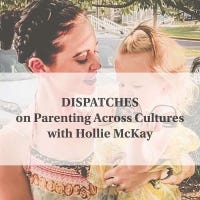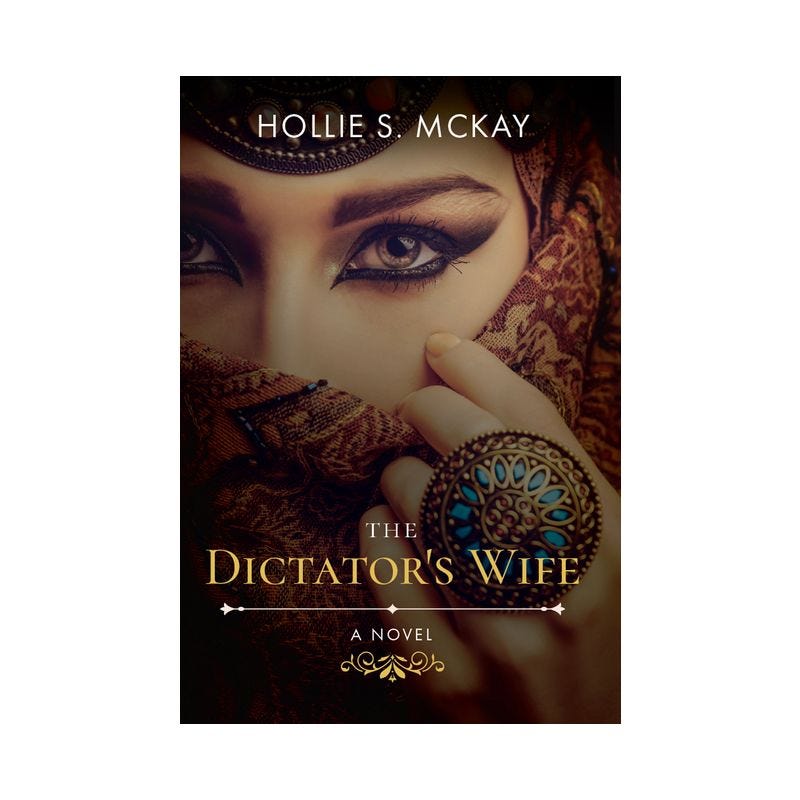War of Words: English Speakers Targeted in Escalating Cameroonian Conflict
A war you won’t hear about in the news
Cameroon, often dubbed "Africa in miniature" for its diverse landscapes and cultures, has been embroiled in a devastating conflict since 2016, which pits the predominantly French-speaking government against marginalized English-speaking regions. This simmering conflict, rooted in colonial legacies, socio-political disparities, and cultural differences, has escalated into a crisis that threatens the country's unity, causing untold suffering and loss.
Let’s dive deep into what is going on.
The Roots of Conflict
Cameroon’s unique situation stems from its colonial history. Originally colonized by Germany, the country was divided between France and Britain after World War I. The French took control of four-fifths of the territory, while the British administered the remaining one-fifth, leading to the creation of two distinct colonial entities: French Cameroon and British Southern and Northern Cameroons.
In 1961, following a UN-sponsored plebiscite, British Northern Cameroons opted to join Nigeria, while Southern Cameroons chose to reunite with French Cameroon, creating the Federal Republic of Cameroon. However, the terms of this federation were short-lived. In 1972, President Ahmadou Ahidjo dissolved the federal system, centralizing power in the capital, Yaoundé, and renaming the country the United Republic of Cameroon. This move effectively marginalized the English-speaking regions, setting the stage for future discontent.
The current conflict primarily centers on the grievances of Cameroon’s English-speaking regions, which constitute about 20% of the population. The Anglophone community, concentrated in the Northwest and Southwest regions, has long felt marginalized by the Francophone-dominated government.

English-speaking Cameroonians have long felt politically and economically marginalized in a country where the majority of key government positions are held by Francophones. Despite the Anglophone regions being resource-rich, many believe that the wealth generated from their resources is disproportionately exploited to benefit Francophone areas, leaving the English-speaking population underserved and economically disadvantaged.
Culturally and linguistically, Anglophones feel their identity is being eroded by the dominance of the French-speaking majority. The legal system, based on French civil law, stands in contrast to the common law traditions of the Anglophone regions. This divergence has led to growing frustration, particularly as schools in English-speaking areas are increasingly forced to adopt the Francophone educational system, threatening the unique linguistic and cultural heritage of the Anglophone population.
Tensions reached a boiling point in late 2016 when teachers and lawyers in the Anglophone regions staged peaceful protests against the imposition of French-speaking teachers and judges in their schools and courts. The government's aggressive response, including the arrest and reported torture of protest leaders, transformed peaceful demonstrations into a broader, violent resistance, fueling the escalating conflict that continues to divide the country today.
The government's harsh crackdown radicalized parts of the Anglophone community, leading to the emergence of separatist movements. The most prominent of these is the Ambazonian movement, which seeks the creation of an independent Anglophone state called Ambazonia. The conflict escalated in 2017 when separatists declared independence, and government forces responded with military operations.
The Humanitarian Consequences
Since then, both sides have committed atrocities. Government forces have been accused of burning villages, arbitrary arrests, extrajudicial killings, and torture. Hundreds of school girls have become pregnant as a result of rape. On the other hand, separatist fighters have targeted civilians, kidnapped government officials and schoolchildren, and engaged in guerrilla warfare. The violence has displaced over 700,000 people, many of whom have fled to neighboring Nigeria, and left thousands dead.
The conflict has created a humanitarian disaster. Internally displaced persons (IDPs) live in dire conditions, often without access to adequate healthcare, food, or shelter. The fighting has disrupted education in the Anglophone regions, with schools frequently shut down or attacked by separatists who oppose the French-speaking government’s educational policies. Children, as a result, have been deprived of schooling for years, creating a "lost generation" of students.
The international community has taken notice, but action has been limited. Organizations like the UN and the African Union have called for dialogue, but mediation efforts have stalled. Countries such as Switzerland have attempted to broker peace, yet mistrust between the government and separatists remains a significant obstacle.
Prospects for Peace
The path to resolving the Anglophone crisis remains fraught with challenges. Many observers believe that only meaningful dialogue, coupled with constitutional reforms, can address the root causes of the conflict. Some have called for a return to a federal system, which would grant the Anglophone regions greater autonomy, while others advocate for decentralization to give local governments more control.
However, both the government and separatists appear entrenched in their positions. President Paul Biya, who has ruled Cameroon for over 40 years but spends most of the time in Switzerland, has shown little willingness to negotiate with separatists, fearing that any concession might lead to further fragmentation. On the other side, separatists continue to demand independence, rejecting any solution that does not involve full autonomy.
The conflict between French and English speakers in Cameroon is not merely a linguistic or cultural struggle; it is a deeply rooted political crisis fueled by decades of marginalization and unaddressed grievances. As the fighting rages on, the country's unity hangs in the balance, and the humanitarian toll continues to mount. The international community’s role in mediating and supporting efforts for dialogue and reform is crucial if Cameroon is to avoid further bloodshed and find a sustainable solution to this divisive crisis.
FOR EXCLUSIVE GLOBAL CONTENT AND DIRECT MESSAGING, PLEASE CONSIDER A PAID SUBSCRIPTION TO THIS SUBSTACK TO HELP KEEP INDEPENDENT, AGENDA-FREE WRITING AND JOURNALISM ALIVE. THANK YOU SO MUCH FOR YOUR SUPPORT.
For speaking queries please contact meta@metaspeakers.org
For ghostwriting, personalized mentoring or other writing/work-related queries please contact hollie@holliemckay.com
Follow me on Instagram and Twitter for more updates and subscribe to my new podcast
DISPATCHES ON PARENTING ACROSS CULTURES
Get Links to the show across all podcast platforms
Order The Dictator’s Wife and Other Books… Click to Purchase Here




